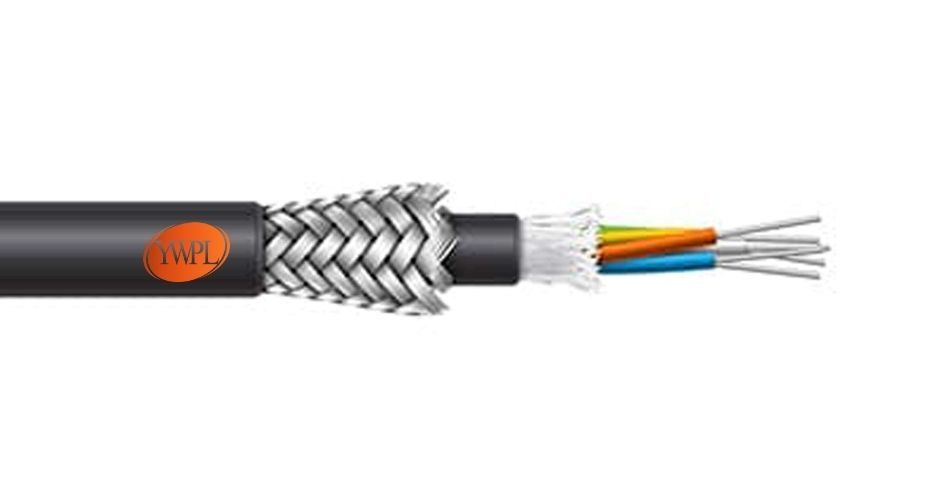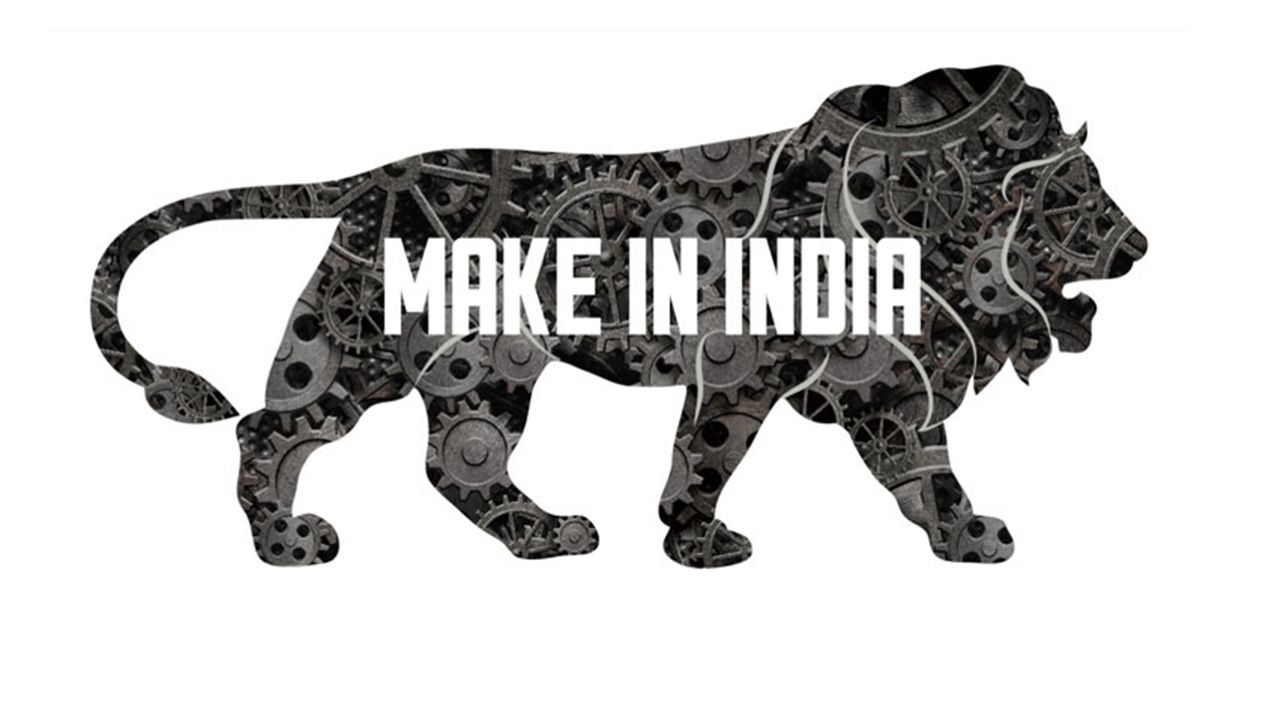Shielded Cables
Yeshwant Wires is a trusted Shielded Cables manufacturer in India, specializing in precision-engineered signal and data transmission cables used in process control, automation, oil & gas, power, petrochemical, and industrial sectors. Our cables are designed to transmit low-voltage signals with minimal interference, ensuring accurate data flow between instruments and control systems.
Available in shielded, armoured, and unarmoured configurations with high-grade insulation and protective shielding, these cables deliver exceptional signal integrity, EMI protection, flexibility, and long service life. They comply with IS 1554, BS 5308, IEC 189, and EN 50288 standards and are ideal for industrial automation systems, refineries, and control rooms.

Description
Shielded Cables are specialized control cables used to carry low-energy electrical signals for measuring, monitoring, and controlling electrical systems. They are engineered to provide reliable communication between sensors, transmitters, and control panels by minimizing electrical interference and ensuring data accuracy through advanced shielding technology using aluminium foil or copper braid.
These cables are extensively used in industrial automation systems, refineries, power plants, petrochemical units, and control rooms where dependable signal transmission without electromagnetic interference is paramount for operational safety, performance, and accurate process control in mission-critical applications.
Key Features & Advantages
- Low Signal Loss: Designed for stable and accurate data transmission in control systems.
- Excellent EMI Protection: Available with individual & overall shielding using aluminium foil or copper braid.
- High Temperature Resistance: Suitable for both indoor and outdoor applications.
- Oil & Chemical Resistant Sheath: Ensures long life even in corrosive industrial environments.
- Flexible Construction: Easy to install and route through cable trays or conduits.
- Custom Configurations: Single pair, multi-pair, armoured, and unarmoured types available.
- Complies with Global Standards: IS 1554, BS 5308, IEC 189, and EN 50288.
Technical Specifications
| Property | Specification | Significance |
|---|---|---|
| Conductor Material | Tinned Copper (Stranded for flexibility, usually Class 5) | ISO/IEC international Tinned copper provides excellent conductivity and corrosion resistance. Stranded conductors are used for flexibility, common in data and communication cables. |
| Core Construction | Twisted Pairs or Quads (for differential signaling) | Crucial for data integrity. Twisting pairs helps cancel out noise (common-mode rejection), improving the shield's effectiveness against external interference. |
| Insulation | PE / XLPE / Foam-Skin PE | Materials like Polyethylene (PE) are used for data transmission due to their low dielectric constant, which minimizes signal attenuation and allows for high data speeds. |
| Shielding Type | Foil Screen (S/FTP) and/or Copper Braid (SF/UTP) | The defining feature. Foil blocks high-frequency RFI; Braid handles low-frequency EMI and offers mechanical strength. Combination shielding provides maximum noise immunity. |
| Shielding Coverage | Typically 100% foil coverage; Braid coverage can vary (e.g., 60-85%) | Ensures comprehensive protection of the core conductors, preventing noise coupling and minimizing signal leakage. |
| Drain Wire | Tinned Copper Strand (required for foil shields) | Essential for establishing a reliable grounding path for the interference current captured by the shield. |
| Sheath | LSZH / PUR / TPE (Oil, Abrasion, and/or UV Resistant) | Protects the cable from environmental and mechanical damage. LSZH (Low Smoke Zero Halogen) is standard for fire safety in IT/data installations. |
| Voltage Grade | 300/500V or 600/1000V (Up to 1100V) | ISO/IEC international Defines the maximum safe working voltage for the cable's insulation system. |
| Operating Temperature | Typically -20°C to +70°C / +80°C / +90°C (Insulation dependent) | ISO/IEC international Indicates the temperature range where the cable maintains its full mechanical and electrical performance. |
| Impedance | 50 Ohm / 75 Ohm / 100 Ohm (Application dependent) | Critical for high-speed data. Must match the connected system (transmitters/receivers) to prevent signal reflection and data errors. |
| Standards | IEC 61156 / TIA/EIA 568 / ISO/IEC 11801 | Compliance ensures the cable meets strict requirements for frequency bandwidth, crosstalk, and overall data transmission performance. |
Applications
Shielded Cables are widely used in refineries, power plants, petrochemical units, industrial automation systems, and control rooms for signal transmission between field devices and control systems. They carry analog or digital signals for temperature, pressure, flow, or process control and are ideal for connecting PLC systems, DCS panels, transmitters, sensors, and measurement instruments in critical industrial applications.
Manufacturing & Quality Assurance
At Yeshwant Wires, every shielded cable is produced using state-of-the-art extrusion, twisting, shielding, and armouring equipment for precision and reliability. Cables undergo stringent testing for electrical continuity, insulation resistance, capacitance, attenuation, and flame retardancy under ISO certified quality systems.
Why Choose Yeshwant Wires for Shielded Cables?
Industry Leadership
Premier Shielded Cable manufacturer in India with 8+ years of expertise.
Custom Solutions
Tailored cable designs for specific protocols, environments, and performance requirements.
Premium Materials
99.99% pure copper conductors and high-grade insulation for maximum performance.
Global Standards
Full compliance with IS and ISO/IEC international standards.
Competitive Pricing
Factory-direct pricing with no compromise on quality or performance.
Pan-India Delivery
Fast, reliable delivery across all major cities and industrial hubs in India.
Industries We Serve
Industry Leadership
Premier Shielded Cable manufacturer in India with 8+ years of expertise.
Custom Solutions
Tailored cable designs for specific protocols, environments, and performance requirements.
Premium Materials
99.99% pure copper conductors and high-grade insulation for maximum performance.
Global Standards
Full compliance with IS and ISO/IEC international standards.
Competitive Pricing
Factory-direct pricing with no compromise on quality or performance.
Pan-India Delivery
Fast, reliable delivery across all major cities and industrial hubs in India.
We supply Shielded Cables to diverse industries such as oil & gas, refineries, chemical processing, power generation, pharmaceuticals, infrastructure, and industrial automation. Our solutions are tailored for high performance, safety, reliability, and compliance with international standards in mission-critical applications.

